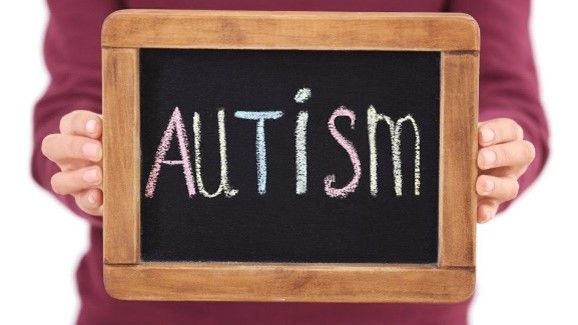Autism is a neurodevelopmental difference that affects how a person communicates, interacts with others, and experiences the world.
Autism is described as a "spectrum" because it affects people in different ways, and each individual has unique strengths and differences. While some autistic people may need significant support in daily life, others may live independently.
Some autistic people also have a learning disability which means that is affects all areas of function in everyday life. About 1-2% of the population are autistic individuals.
Social Interaction and Communication Differences:
- Difficulty understanding social cues, body language, or facial expressions.
- Differences in forming and maintaining relationships.
- Differences in verbal communication, which can include delayed speech, limited language, or in some cases, no spoken language.
- Difference in understanding unwritten social rules, sometimes autistic people say that they seem to “get it wrong” socially and don’t understand why.
Flexibility, information processing and understanding:
- Engaging in repetitive actions (e.g., hand-flapping, rocking).
- Having specific routines or rituals and becoming distressed when routines are disrupted.
- Intense focus on particular subjects or activities, sometimes to the exclusion of other interests.
- Find experiencing change hard.
Sensory Sensitivities:
- Being either over- or under-sensitive to sensory input, such as light, sound, touch, taste, or smell.
- May find certain environments overwhelming (e.g., loud noises, bright lights).
Strengths in Autism:
- Many autistic people excel in areas such as attention to detail, pattern recognition, and long-term memory.
- Some people have a deep interest and expertise in specific subjects or hobbies.

Autism Diagnosis:
Autism is typically diagnosed in early childhood, though some people may not receive a diagnosis until later in life. Diagnoses are usually made based on observations of behaviour and developmental history. Professionals such as paediatricians, psychologists, and speech therapists may be involved in the assessment process. In order to have a diagnosis the autistic features they have must significantly affect their quality of life. The majority of people have some autistic tendencies but do not need a diagnosis as quality of life is not affected.
Please note - An autism diagnosis is not required to get support and have adjustments made in school, college, university or work to make life more comfortable in these settings.
Support for Autistic people:
With the right support, autistic people can lead fulfilling, independent lives. Support may include specialised education plans, speech and occupational therapy, social skills training, and adjustments in school or work environments to help with communication and sensory sensitivities.
Every autistic person is unique, and understanding, acceptance, and inclusion are key to helping them thrive.
For more information about autism watch this short video: Amazing Things Happen!
Autism resources
https://www.autism.org.uk/advice-and-guidance
https://amzn.eu/d/4P2kQwA Is that clear - effective communication guide - autism inspired tips for non-autistic people
www.ambitiousaboutautism.org.uk/understanding-autism/health-and-wellbeing/resources
www.autism.org.uk advice and guidance for autistic teenagers
Coping with autism in school - Talia Grant
“So often at school autistic people feel left out, alone and just very isolated”
watch this video of Talia Grant from Hollyoaks talking about being autistic.
